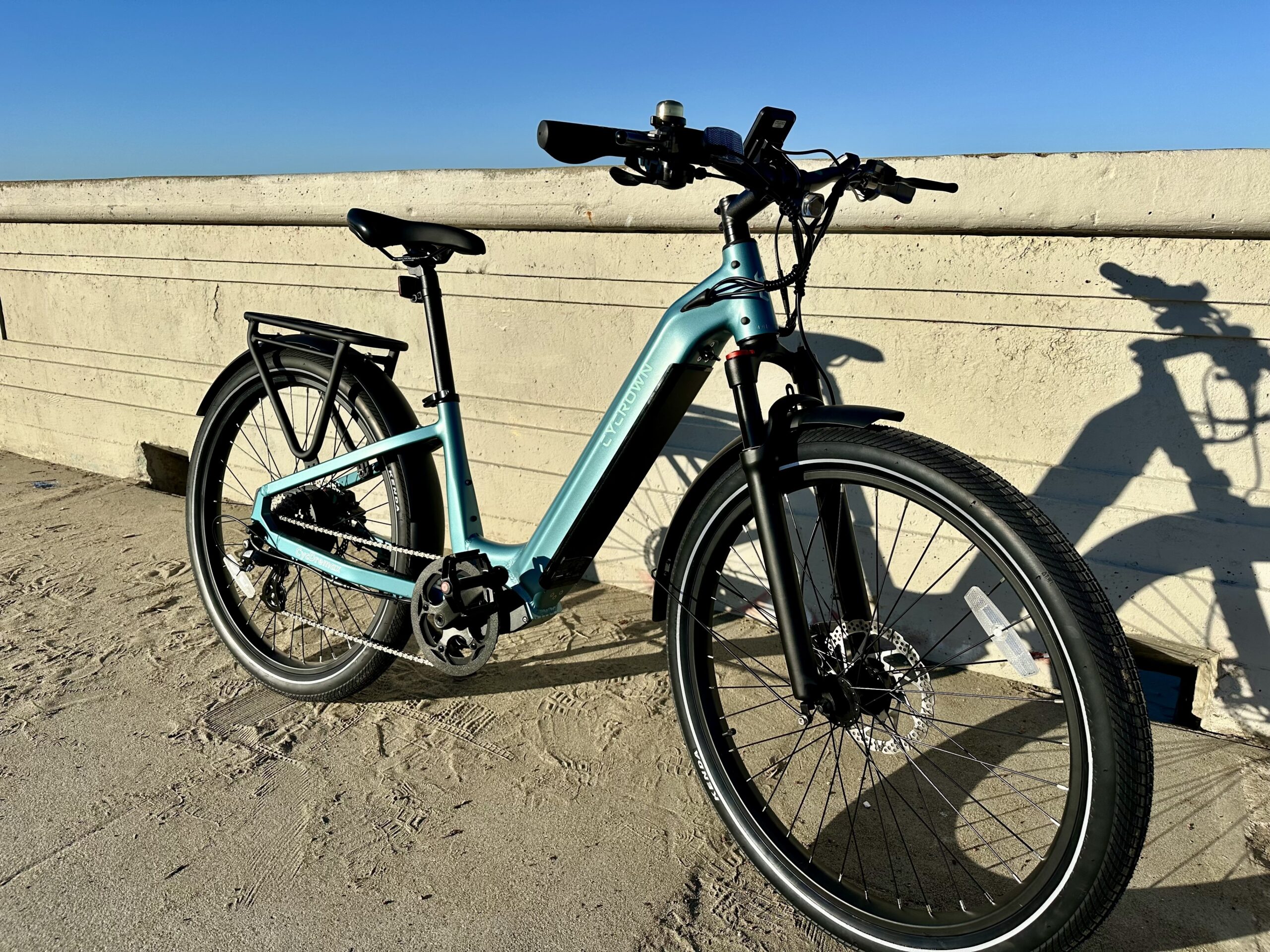Support CleanTechnica’s work through a Substack subscription or on Stripe.
The Malawian-UK NGO Tiyeni helps farmers in Malawi increase their crop yields, because many people in Malawi live in poverty and need to be able to grow more crops. One way they do this is by teaching them to use a more productive farming approach. “We achieve this by delivering training in our low-cost, low-technology form of climate-smart agriculture (CSA), Deep Bed Farming (DBF). Our innovative approach begins by breaking a compacted man-made layer of soil known as the “hardpan,” which restricts the ability of roots, water, and air to penetrate the land. Results are spectacular – farmers’ crops more than double on average in the first year alone!”
Some soil in Malawi is not suitable for growing crops because there is a layer of compacted, dense dirt called hardpan. Lougborough University explains, “Where water can percolate into the ground, it can be stored long after rain has stopped falling. In areas of hardpan, this doesn’t happen. Instead, the water runs off the surface, taking much of the healthy topsoil with it. Devastating soil erosion can destroy soil fertility.”
Over two-thirds of people in Malawi live in poverty and many rely on farming for their livelihoods.
Farmers can use hoes to penetrate the hardpan and break it up to reach the softer soil underneath, where crops can be planted and grown more successfully. Such work is difficult and time-consuming, though it is also more effective with greater crop yields.
An electric tractor can also be used to do the same work, requiring much less effort and exertion than manual labor. In the US, we might expect a tractor to be rideable and a person would sit on it to steer and operate it. A small electric tractor can also be something like an old plow pulled by a horse or one that instead is propelled by its own electric motor. In Malawi, an electric tractor has been tested to break up the hardpan to do deepbed farming. It can be charged with electricity from solar panels at a nearby microgrid.
Of course, Malawi has plenty of free sunlight to be converted into electricity using photovoltaics. Free sunlight is obviously more economical than diesel fuel and it does not need to be transported to the farming location because sunlight is everywhere during daylight hours, with some variability based on weather and seasons. Diesel fuel is toxic to human health and contributes to climate change. It also typically is imported which means sending local money outside the country. “There are no known oil reserves and no natural gas production in the country, and Malawi imports all of its refined petroleum products.”
The electric tractor prototype resembles what we in the US might call a rototiller, but this really is just semantics. The little electric tractor running on solar power can do helpful work in Malawi. Electric motors are more energy efficient than diesel and gasoline engines.
Sign up for CleanTechnica’s Weekly Substack for Zach and Scott’s in-depth analyses and high level summaries, sign up for our daily newsletter, and follow us on Google News!
Have a tip for CleanTechnica? Want to advertise? Want to suggest a guest for our CleanTech Talk podcast? Contact us here.
Sign up for our daily newsletter for 15 new cleantech stories a day. Or sign up for our weekly one on top stories of the week if daily is too frequent.
CleanTechnica uses affiliate links. See our policy here.
CleanTechnica’s Comment Policy




